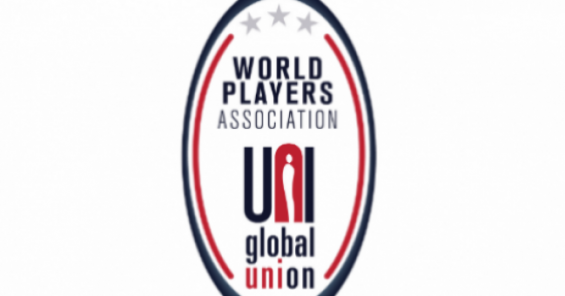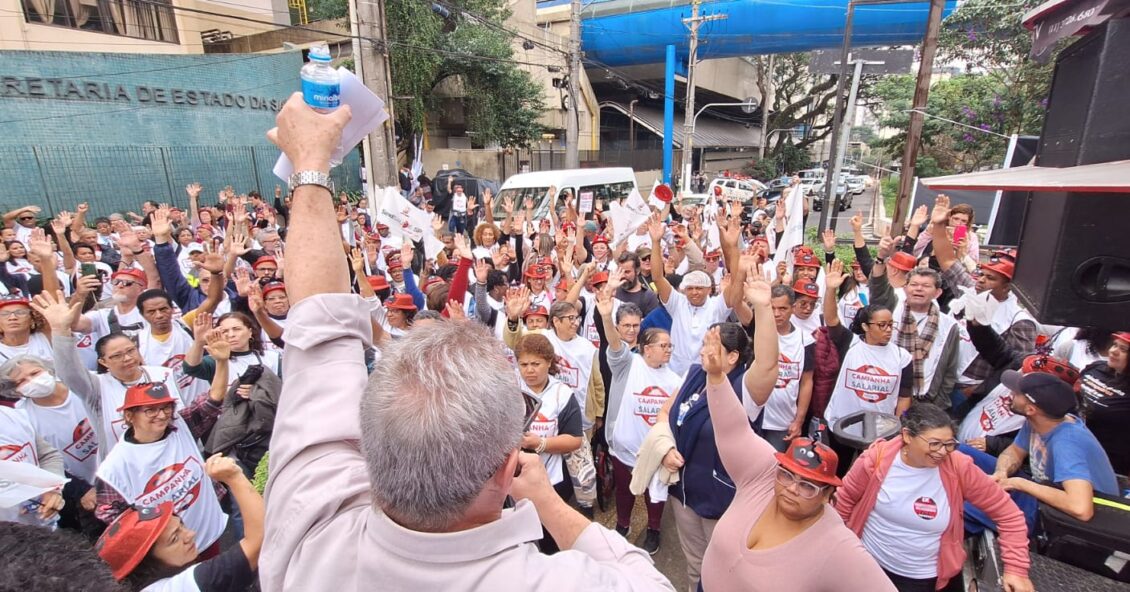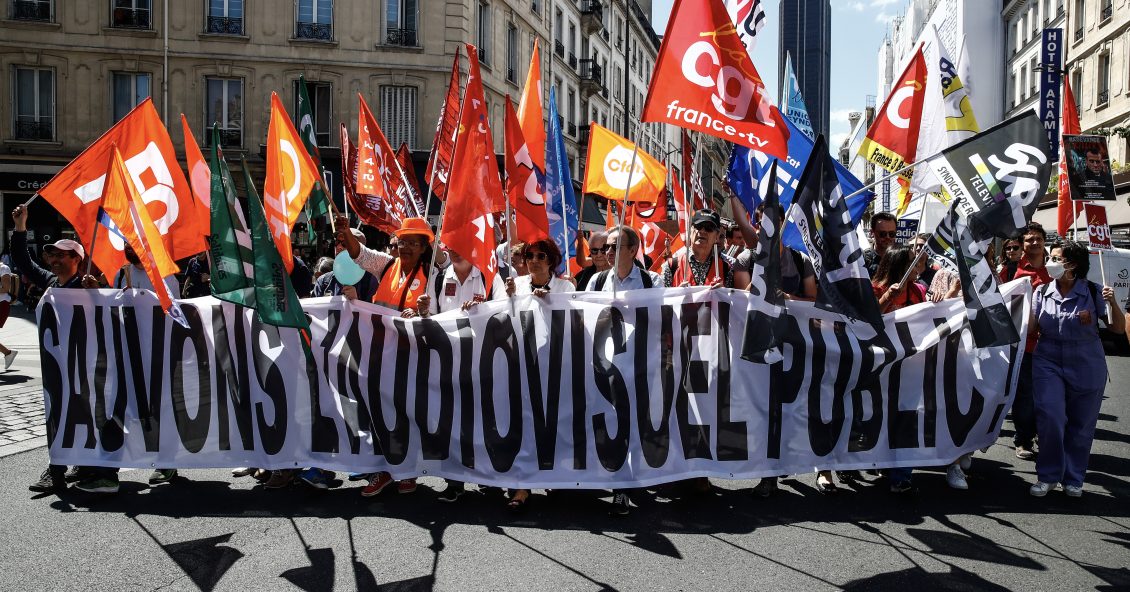Reforming sport’s global justice system
18.01.22
The World Players Association today launched “Ensuring Access to Effective Remedy – The Players’ Strategic Pathway to Justice”, a comprehensive blueprint for the reformation of global sport’s much-maligned system of justice. It focuses on the longstanding failure of global sport to prevent and address harm and injustice so that victims can finally access a meaningful and effective remedy.
Built upon the United Nations Guiding Principles on Business and Human Rights (UNGPs), the authoritative standard for reconciling sport and human rights, World Players’ strategy provides a pathway of six essential reforms for sport to ensure and deliver justice:
- Put people first
- Sports bodies must embed respect for human rights, and states must uphold their duty to protect human rights in sport
- Create innovative pathways for restorative justice
- Create new and legitimate sport and human rights grievance mechanisms
- Reform existing mechanisms, including the Court of Arbitration for Sport
- Actively seek justice for people harmed by or in the name of sport, including through continued collective action and strategic litigation
Despite extensive advocacy and recommendations from independent experts and United Nations agencies, many of global sport’s institutions, including the International Olympic Committee, International Council of Arbitration for Sport and the World Anti-Doping Agency, remain steadfastly resistant to change. A survey of independent athlete organisations conducted by PlaytheGame most recently painted a bleak picture of athlete trust and confidence in the Court of Arbitration for Sport.
The strategy is informed by the real-life experiences of the many people, including athletes, who have suffered systemic and preventable harms, including abuse, discrimination, victimisation, and the denial of their voice and economic rights. Too commonly, this is because sporting norms and interests have been encouraged to prevail over internationally recognised human rights. The revelations of harm – made possible only through the work of courageous and principled survivors, activists and unionists – have brought global sport’s social licence into question.
World Players Association, Executive Director, Brendan Schwab said:
“This strategy has been shaped by the player association movement’s long track record of ensuring access to justice for athletes and UNI Global Union’s experience in building the Bangladesh Accord, a standard-setting agreement in international business and human rights. These achievements show what is possible and are exactly what global sport needs to deliver justice and restore public trust and confidence.”
FIFPRO Secretary-General Jonas Baer Hoffmann, a Vice President of World Players, said:
“To deliver a human-centered approach global sport needs to finally place athletes and many other people making the delivery of sport possible at the heart of its business. This means urgently addressing well-known gaps to access to justice and remedy for victims of human rights abuses. To protect the people and to safeguard the industries’ license to operate we are committed to working with all actors to make sure this happens.”
The World Players Association, part of UNI Global Union, is the exclusive global voice of organised players and athletes across professional sport. It brings together 85,000 players through more than 100 player associations in over 60 countries. Its role is to ensure that the voice of organised players is heard at the highest levels in the decision-making of international sport.
For more information, please contact Leonie Guguen, Senior Communications Manager, UNI Global Union. Tel: +41 79 137 5436 or Email: leonie.guguen@uniglobalunion.org
Further reading:
Brendan Schwab, Protect, Respect and Remedy – Global Sport and Access to Justice, Sweet & Maxwell’s International Sports Law Review (2020)
Please see report files below:


